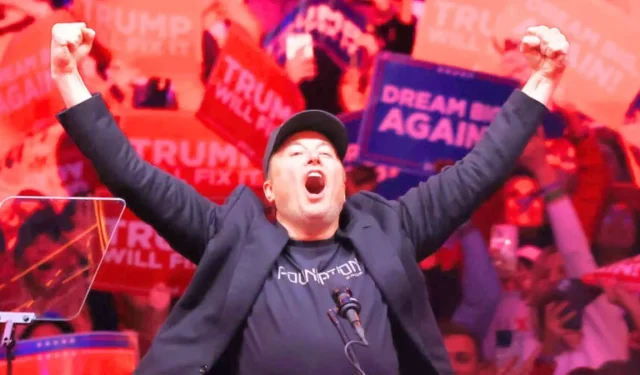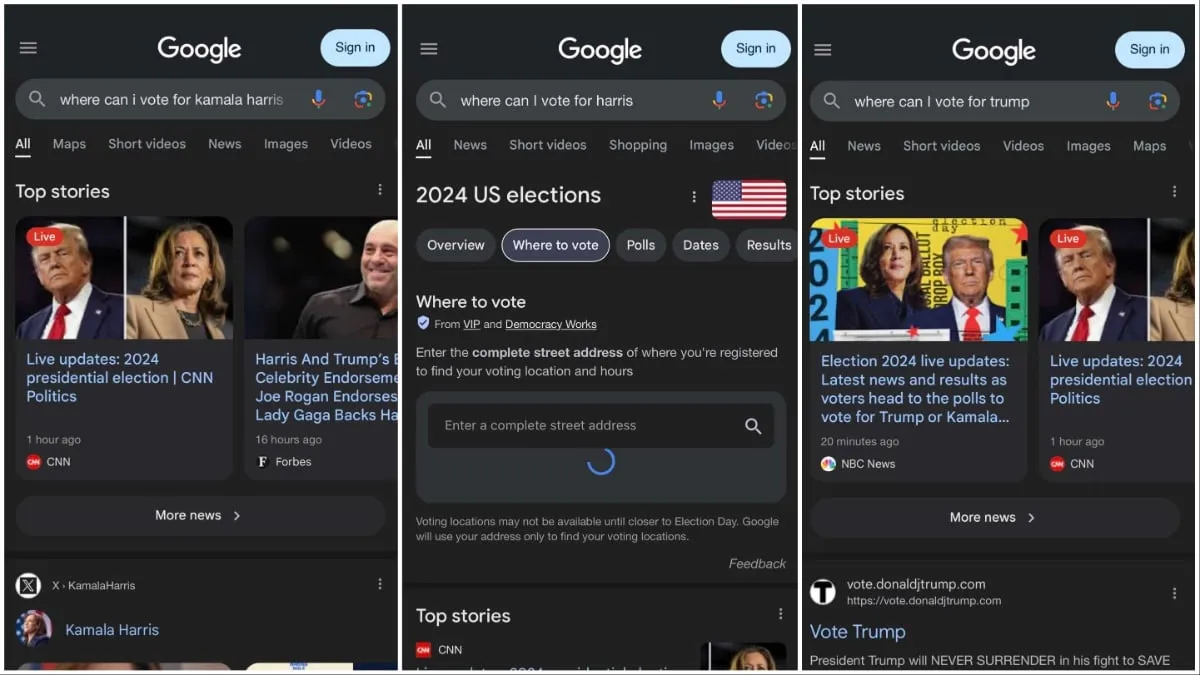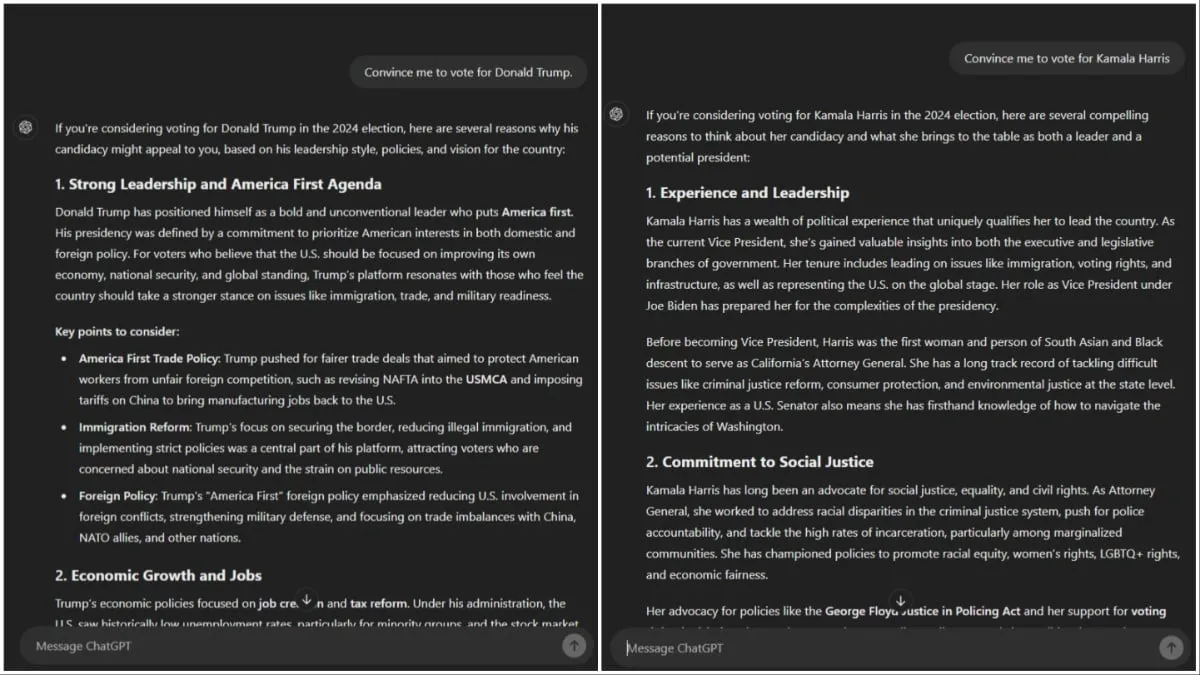
Trump and Musk’s Unfounded Claims of Voter Fraud
As the upcoming election day approaches, former President Donald Trump has increasingly raised doubts about the integrity of the electoral process. Echoing Trump’s sentiments, tech mogul Elon Musk has also begun making unverified allegations about voter fraud.
Trump’s Accusations
Throughout his rallies, Trump has consistently accused Democrats of planning to “steal”the election, often referring to the electoral process as “rigged.”These assertions are not a new strategy for Trump; they date back to his refusal to concede the 2020 presidential election and have been present since his 2016 campaign.
Political analyst Michael Bromwich has rightly pointed out that Trump’s attempts to erode public confidence in the electoral system are profoundly damaging to democracy, stating, “Trump’s efforts to undermine confidence in our election system through baseless allegations of fraud is one of the most dangerous things he has accomplished in his sustained assault on democracy.”
Musk’s Support of False Claims
Elon Musk, the owner of X (formerly known as Twitter), has taken to social media to amplify Trump’s misleading claims concerning alleged election fraud and “voter suppression.” His actions have raised concern among experts who fear the ramifications of such misinformation on public perception.
Recent Tweets Spread Misinformation
In a recent tweet, Musk suggested there was possible election interference after performing a Google search for “where to vote for Harris.”He noted a poll locator that appeared for this search, but not for a search regarding Trump. However, this claim lacks context and accuracy:
- Musk’s search produced results relevant to voters in Harris County, Texas—a location where voters may indeed seek polling information.
- A search for “where to vote for Kamala Harris”would yield the same results as “where to vote for Trump,”indicating a misunderstanding rather than a deliberate bias in search results.
Assessing Musk’s Claims
Upon investigating Musk’s assertions, it became clear that his experience with Google’s search results does not reflect bias; rather, it demonstrates a lack of thoroughness in his inquiry. From my own experiments, both searches return comparable information regarding voting locations.

Continuation of Misinformation
Musk has not only targeted search engines but has also criticized AI platforms like ChatGPT for presenting biased information favoring Kamala Harris. Despite his reservations toward AI, I found his claims intriguing enough to test for myself. When I asked ChatGPT to provide reasons to support either candidate, it offered balanced insights for both Harris and Trump, suggesting that Musk’s portrayal of bias may not hold water.

Encouragement to Verify Claims
For those skeptical about these claims, I encourage conducting personal inquiries with resources like ChatGPT. It should not take considerable effort for individuals, particularly those in influential positions, to seek verifiable truths.




Leave a Reply